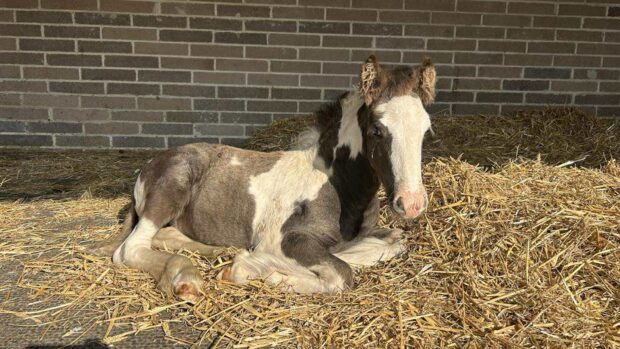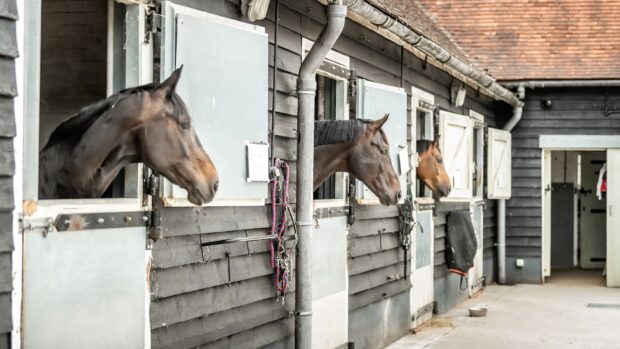World Horse Welfare and the Royal (Dick) School of Veterinary Studies have launched an e-booklet on the management of chronic grass sickness.
Written by the vet team based at the University of Edinburgh, Management of Chronic Grass Sickness Horses offers advice on the diagnosis, treatment and risk factors associated with the disease.
Professor Bruce McGorum, head of the school’s equine hospital, said: “In the past 20 years, 61 per cent of horses with chronic grass sickness admitted to the hospital have been nursed to recovery and the majority of these have even returned to work.
“Sadly, horses with the acute and sub-acute forms of the disease do not recover but the research continues.”
Grass sickness damages the part of the nervous system that controls involuntary functions, leading to paralysis of the gut.
Clinical signs include difficulty eating and swallowing, depression and weight loss.
Professor Elaine Watson, head of the school of veterinary studies, said: “Great Britain has the highest incidence of grass sickness in the world, although the exact cause of the disease is still unknown.”
Treatment of cases at the Royal Dick is partially funded by the charity the Equine Grass Sickness Fund.
World Horse Welfare chief executive, Roly Owers, said: “We are delighted to have worked so closely with the Equine Grass Sickness Fund and the pioneering and dedicated team at the vet hospital to produce this invaluable e-booklet that will be indispensible to anyone who is faced with the challenges of this appalling disease.”
The e-booklet is available free online from World Horse Welfare www.worldhorsewelfare.org, the Equine Grass Sickness Fund www.grasssickness.org.uk and the Royal (Dick) School of Veterinary Studies www.vet.ed.ac.uk.



